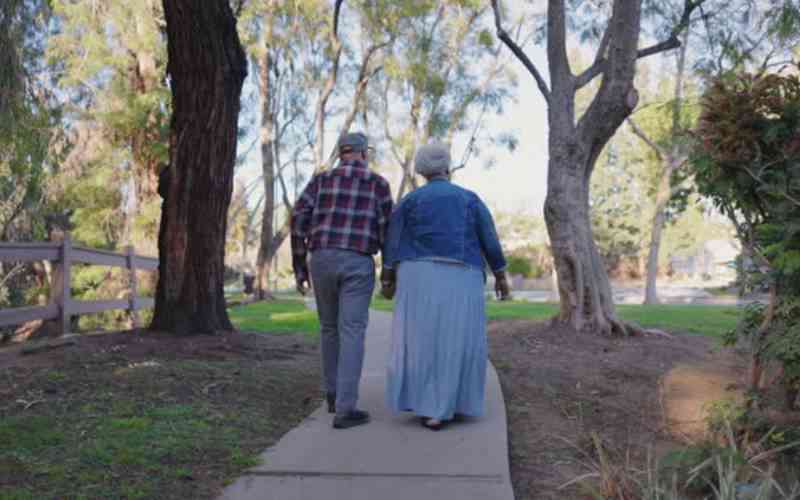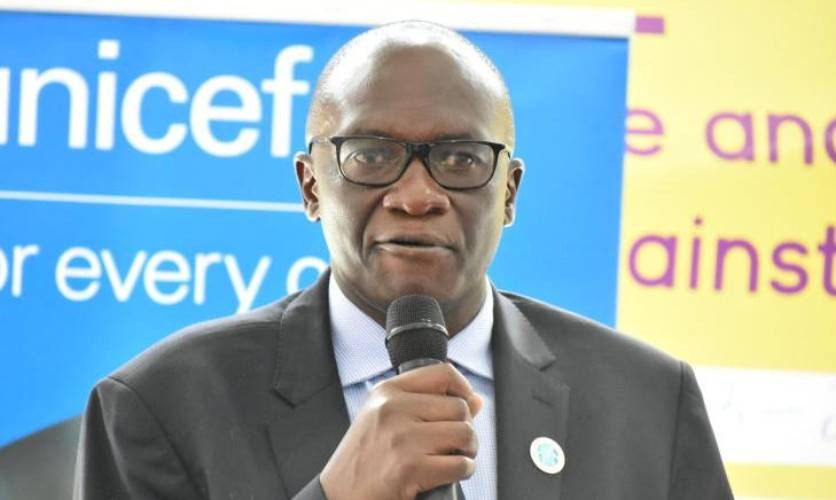It is imminent that our economy will fully reopen soon going by the trends in other parts of the world.
But the Kenyan economy was never fully closed; the economic reality could not allow.
The closure from 9 pm to 4 am is more symbolic.
The informal sector never closed. The hardest hit are high-end restaurants and hotels that rely on air travel and conferences. As we debate reopening the economy fully, schools have remained a sticking point.
The biggest problem is that Covid-19 rules counter the national objective of 100 per cent transition.
We can’t social distance with the current state of schools. We need to build new classes and dorms in the next few months.
The money for that may not available as there are other priorities because of economic contraction caused by Covid-19. What’s the best solution then?
Private universities
It is perhaps the easiest. Let the invisible hand of the market do its work. There is already precedence. The government sponsors students to study in private universities.
The reasoning is that students can now choose the courses they want wherever they can be found.
That will hopefully make the universities compete for students through improvement of their service delivery. We shall all be beneficiaries.
Never mind this can be interpreted as the government subsidises private universities.
My only concern is that this subsidy might tempt the private universities to offer the cheapest courses to make the most out of government (read taxpayers) money.
They might offer social sciences instead of science, technology, engineering and mathematics (Stem).
The government should place students in private universities to study courses deemed strategic to national interests, not just any course. That list can be revised as the national goals and needs change.
Stay informed. Subscribe to our newsletter
Can we do the same with the private secondary and primary schools amidst Covid-19?
Many private schools are not as crowded as public schools.
Can the government “disperse” the crowded public schools to private schools, which must meet minimum standards in terms of infrastructure - both physical and the internet?
The money given to each student can now go to the “new schools”.
Just like in universities, The now quasi-private schools will try and raise the standards of education to attract future government students and their money.
In the long run, we shall all benefit. The risks of Covid-19 will reduce as social distancing becomes possible. The standards of education will go up as we prepare the next generation of workers and leaders.
The government can declare the number of “school seats” needed before the schools open. We can bid for those seats and then build or expand the existing private schools.
The biggest problem is shifting students to new schools. We can have “new schools” classified from national to county.
Once the schools are ready, we can split the old schools through a lottery for both students and teachers.
For example, Kenya High can have a Nairobi and Kajiado campus depending on where the sister school will be located.
The new schools do not have to be in the same locality as the old one unless they have enough land. The students would be informed of their new centres before the schools open.
The bidders can build the school where it’s cheapest in terms of land and other amenities.
We know for sure it’s hard to build a profitable school in Nairobi because land is costly. But it might be possible in other counties where land is cheaper.
This is the time for the really generous Kenyans to donate land to schools or even build schools and immortalise their names. How does Njoki Onyango campus sound?
Who will bid for the new schools? It can be individuals, corporations, churches, philanthropists, foreign investors or even chamas.
We could make it sweeter, float a school bond and lend money to the new school developers at a subsidised rate.
Don’t we float bonds for roads and other projects?
For the hardship areas, we could even recruit the army corp of engineers. Covid-19 will be with us for some time. We must think outside the box.
If we get the cure or vaccine, we shall keep our quality schools for the next generation. With robust school infrastructure, we can now focus on the curriculum and how to make Kenyan students globally competitive like Indians in computer science.
This approach will take the private-public partnership model to another level.
It might be the best exit out of the Covid-19 pandemic. What do you think my fellow countrymen?
-The writer is an associate professor at the University of Nairobi
 The Standard Group Plc is a
multi-media organization with investments in media platforms spanning newspaper
print operations, television, radio broadcasting, digital and online services. The
Standard Group is recognized as a leading multi-media house in Kenya with a key
influence in matters of national and international interest.
The Standard Group Plc is a
multi-media organization with investments in media platforms spanning newspaper
print operations, television, radio broadcasting, digital and online services. The
Standard Group is recognized as a leading multi-media house in Kenya with a key
influence in matters of national and international interest.
 The Standard Group Plc is a
multi-media organization with investments in media platforms spanning newspaper
print operations, television, radio broadcasting, digital and online services. The
Standard Group is recognized as a leading multi-media house in Kenya with a key
influence in matters of national and international interest.
The Standard Group Plc is a
multi-media organization with investments in media platforms spanning newspaper
print operations, television, radio broadcasting, digital and online services. The
Standard Group is recognized as a leading multi-media house in Kenya with a key
influence in matters of national and international interest.








